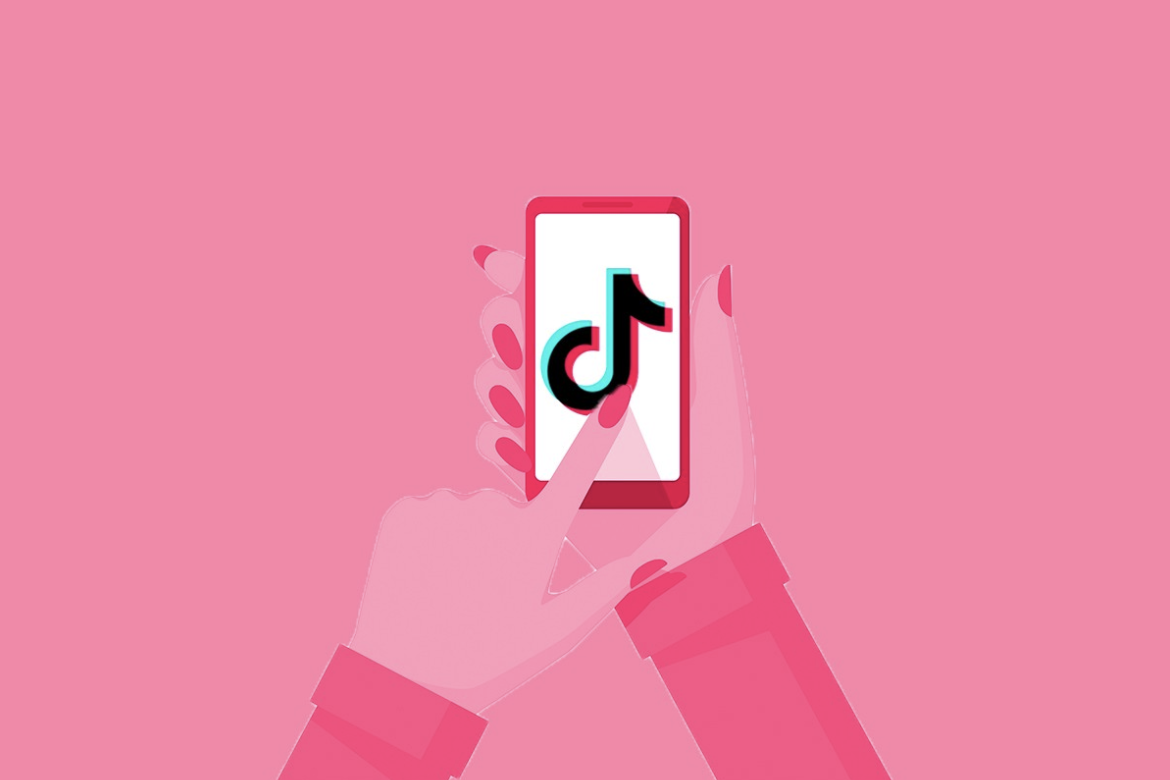
When the TikTok app was first introduced, social media users were skeptical of its potential impact; to many, it seemed little more than a half-hearted attempt to resurrect and monetize the formerly popular Vine app. What no one unexpected, however, was TikTok’s rapid transformation from a platform to share dance videos, to an app the president of the United States would call a threat to national security.
TikTok was launched by the Chinese social networking company ByteDance in 2017, but didn’t become available in the United States until 2018. TikTok allows its users to create short videos with pre-recorded songs and soundbites. The app is somewhat of a multipurpose tool; creators can use their account to record comedic skits, educational content, and even life experiences. However, what really sets TikTok apart from other apps is its unique algorithm.
TikTok’s algorithm can quickly determine a user’s interests, political leanings, and religious beliefs from their content engagement, so quickly, in fact, that after just a few days of activity, your feed will be almost entirely free of content you don’t enjoy or support. It was this content grouping that made it possible for politically liberal users to band together and reserve tickets for the Tulsa Trump rally with few conservative users taking notice; all the content promoting the ticket reservation was public, but a conservative user was extremely unlikely to come across it due to the algorithm’s effect. This, of course, left hundreds of seats empty on the day of the convention, sparking outrage from the president who later declared he would “ban the app” unless it was transferred to a U.S. buyer by late September.
Although in some ways TikTok may be an echo of other social apps, its incredible ability to sort, isolate, and match content to the interest of its users makes it feel brand new.
